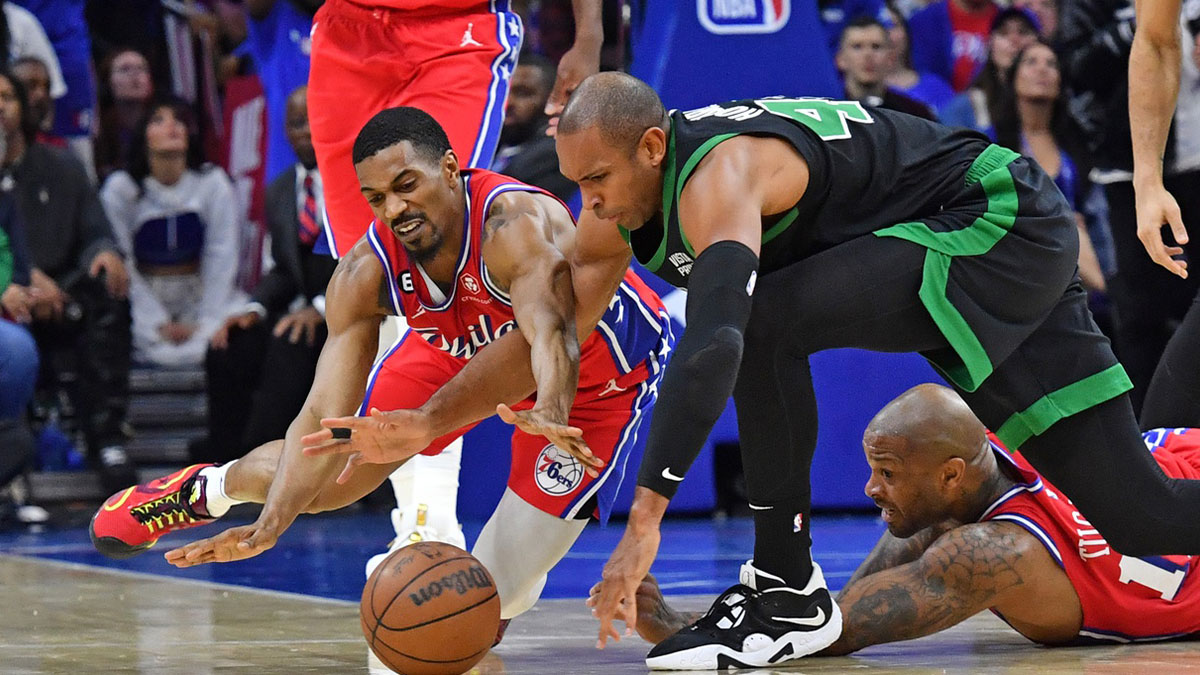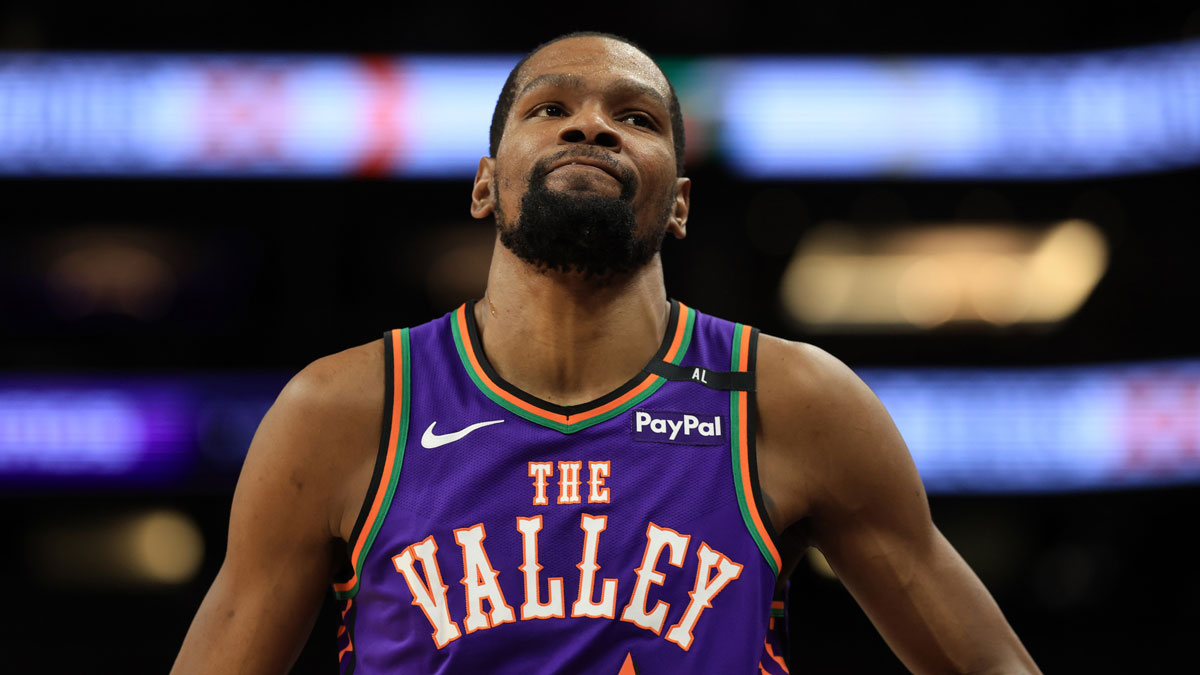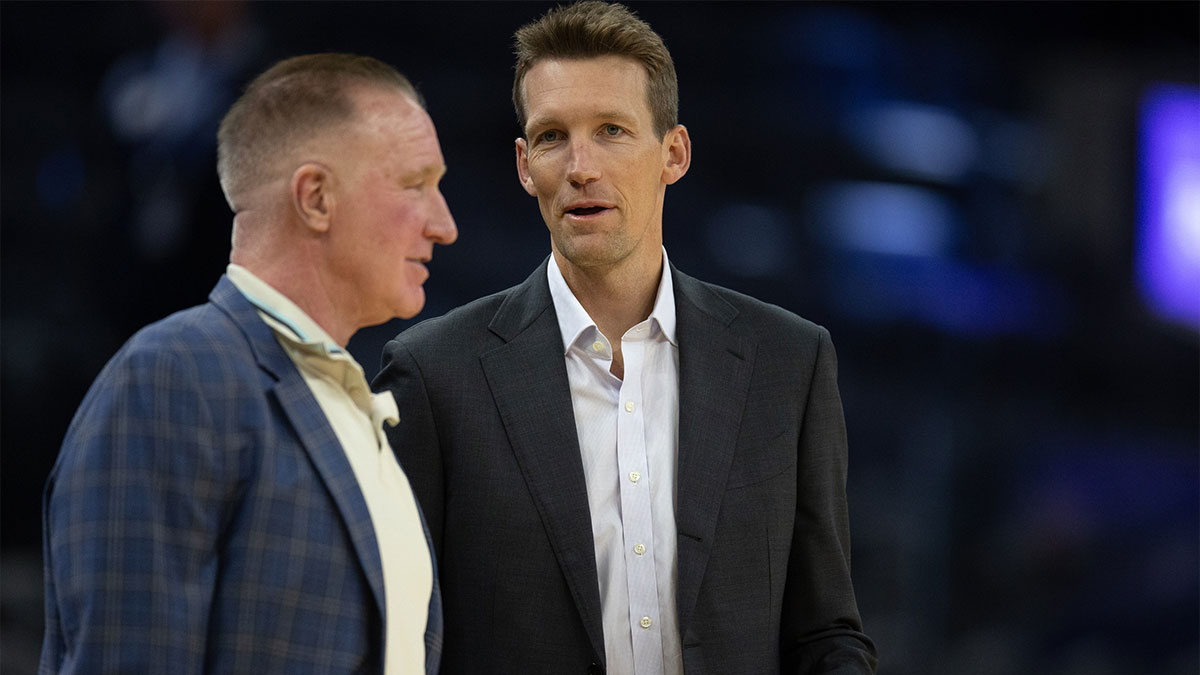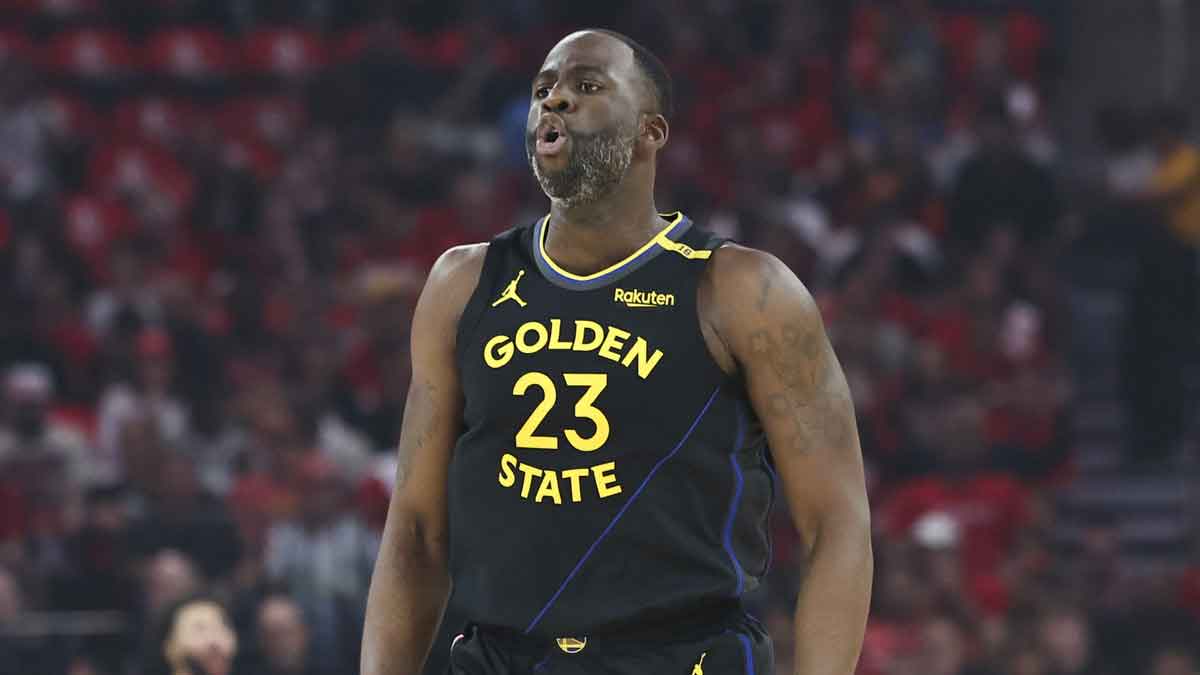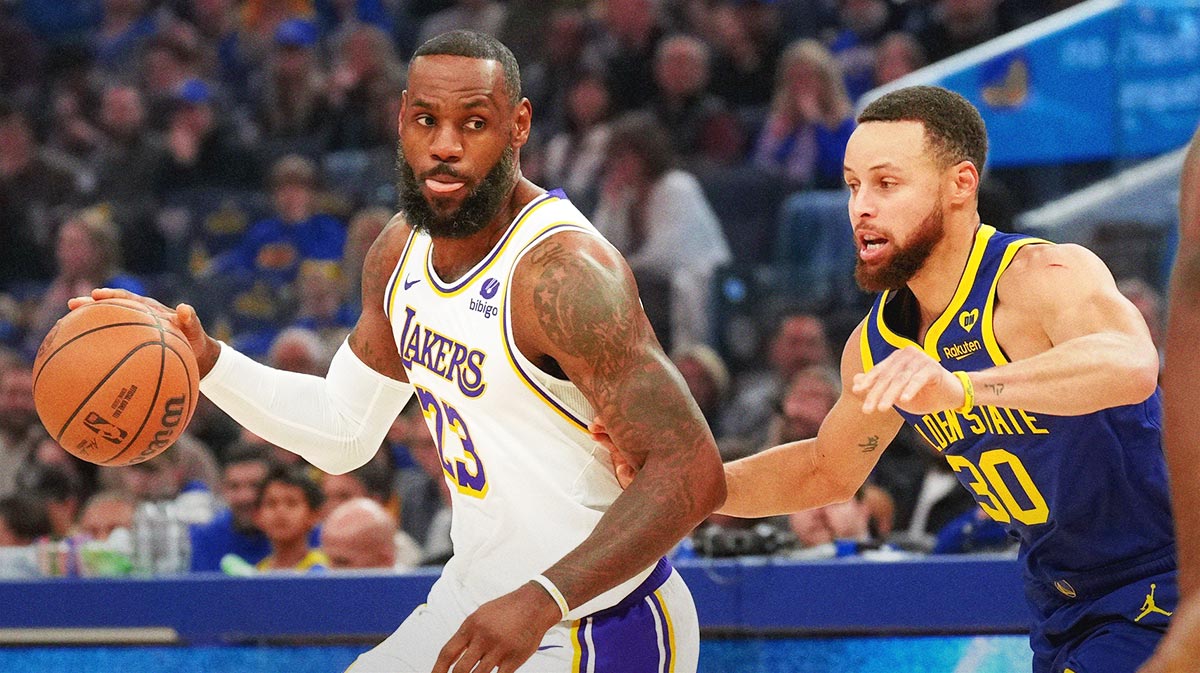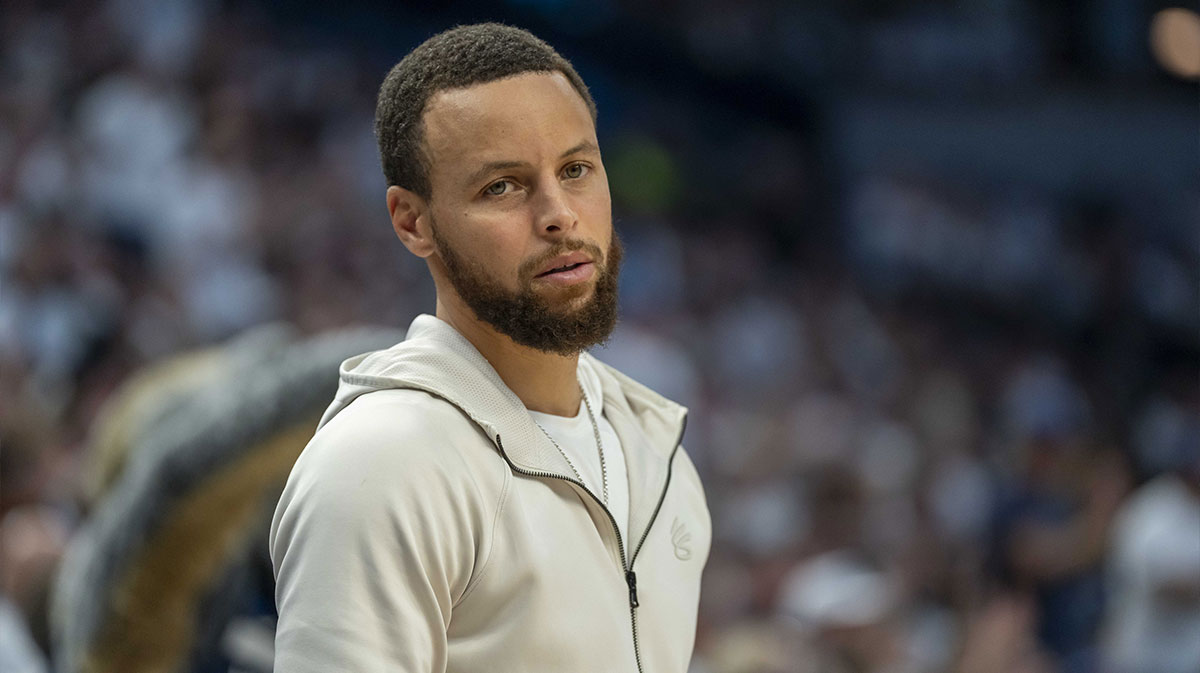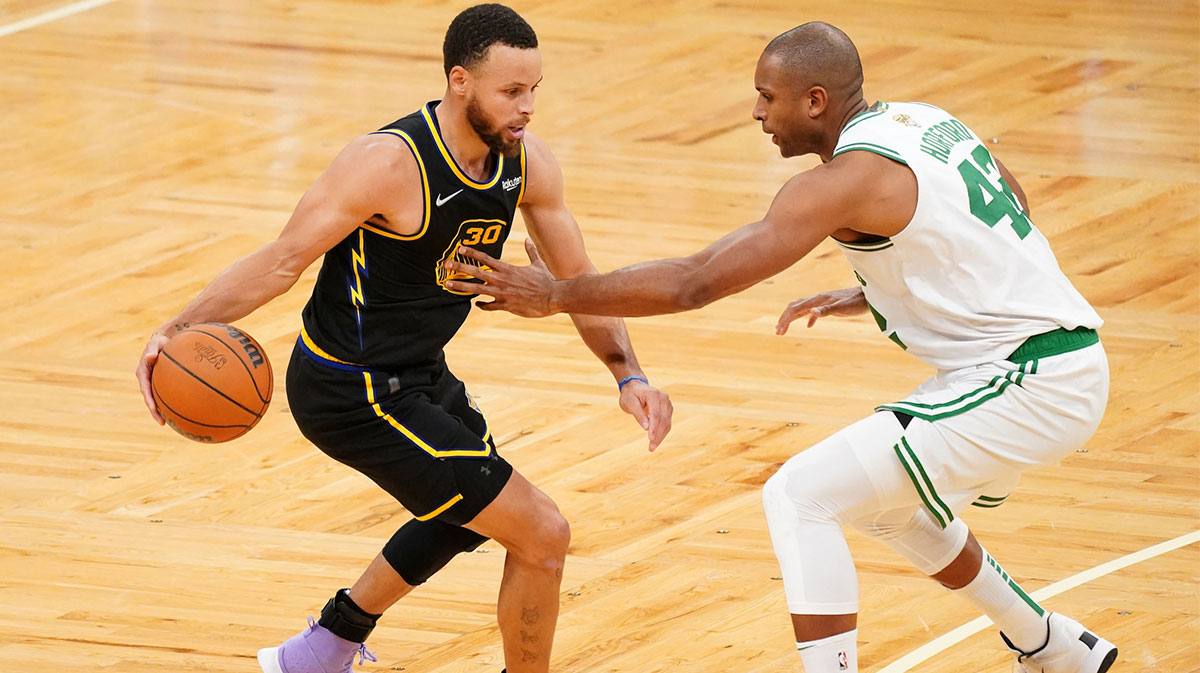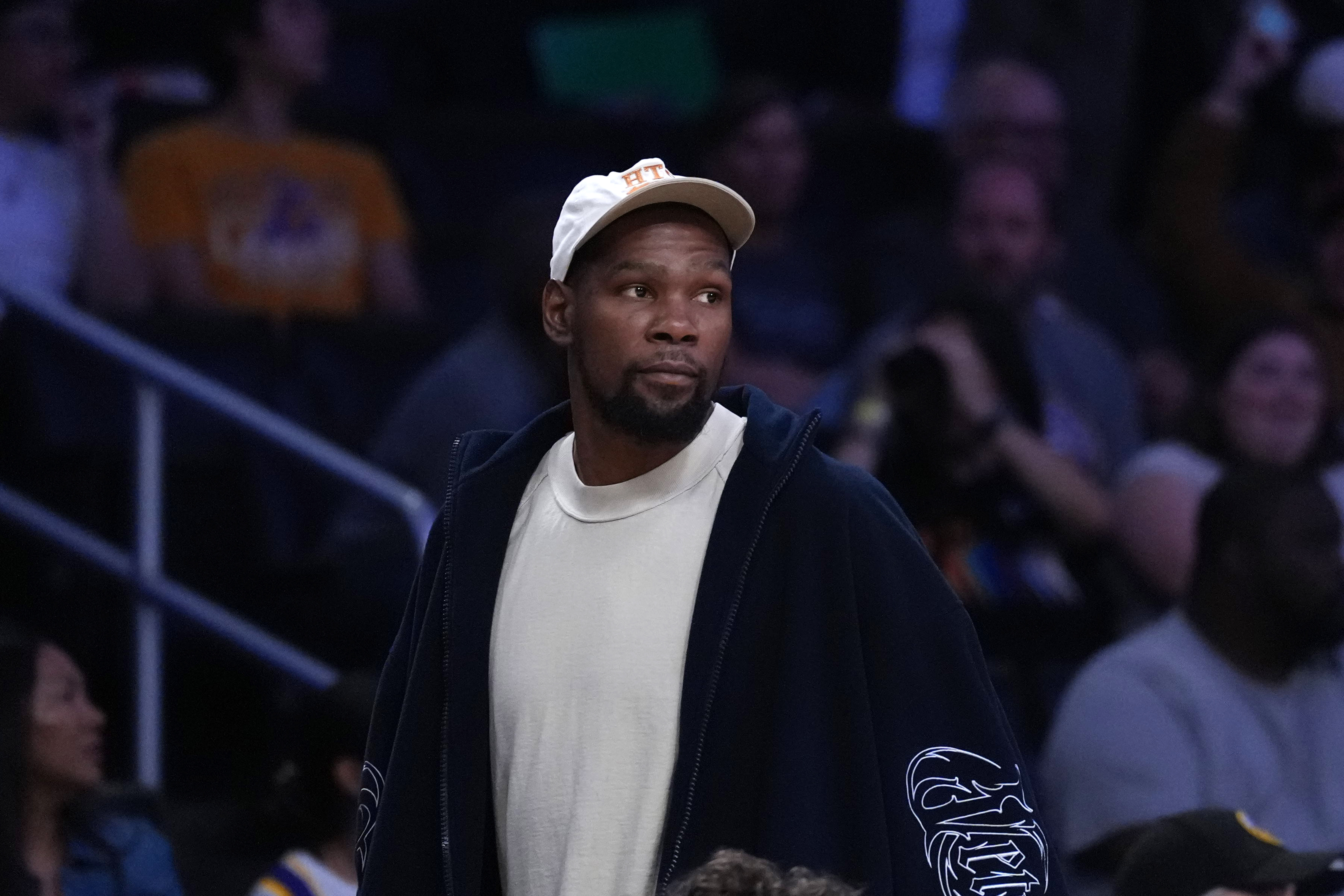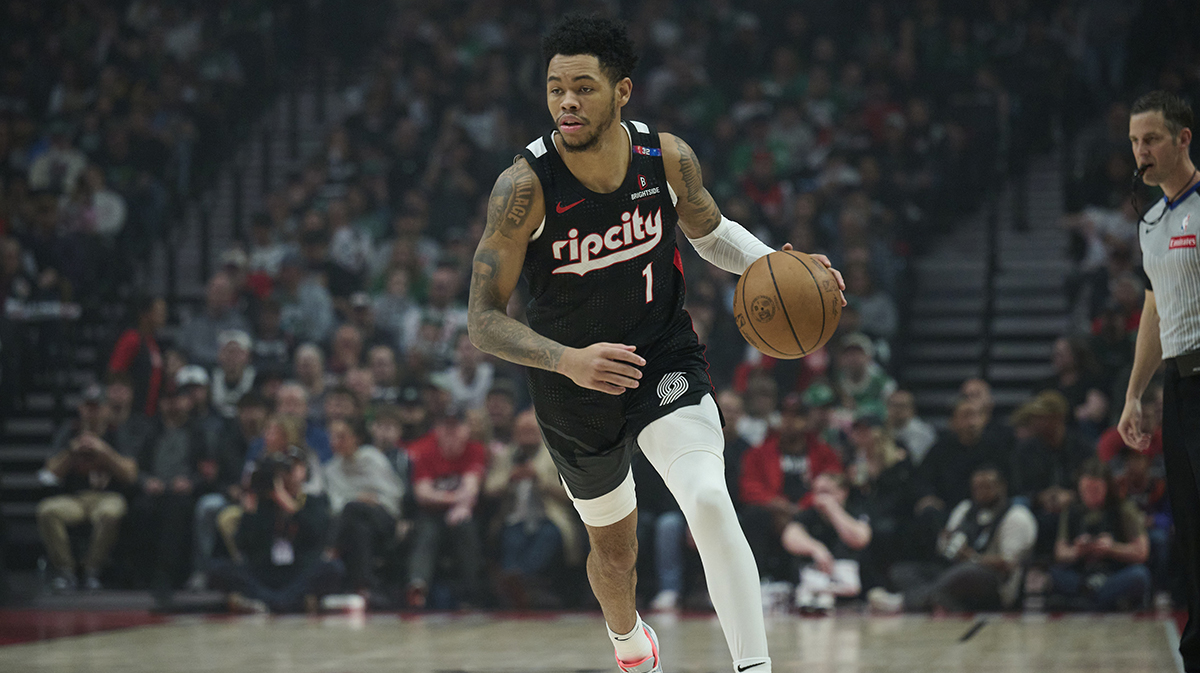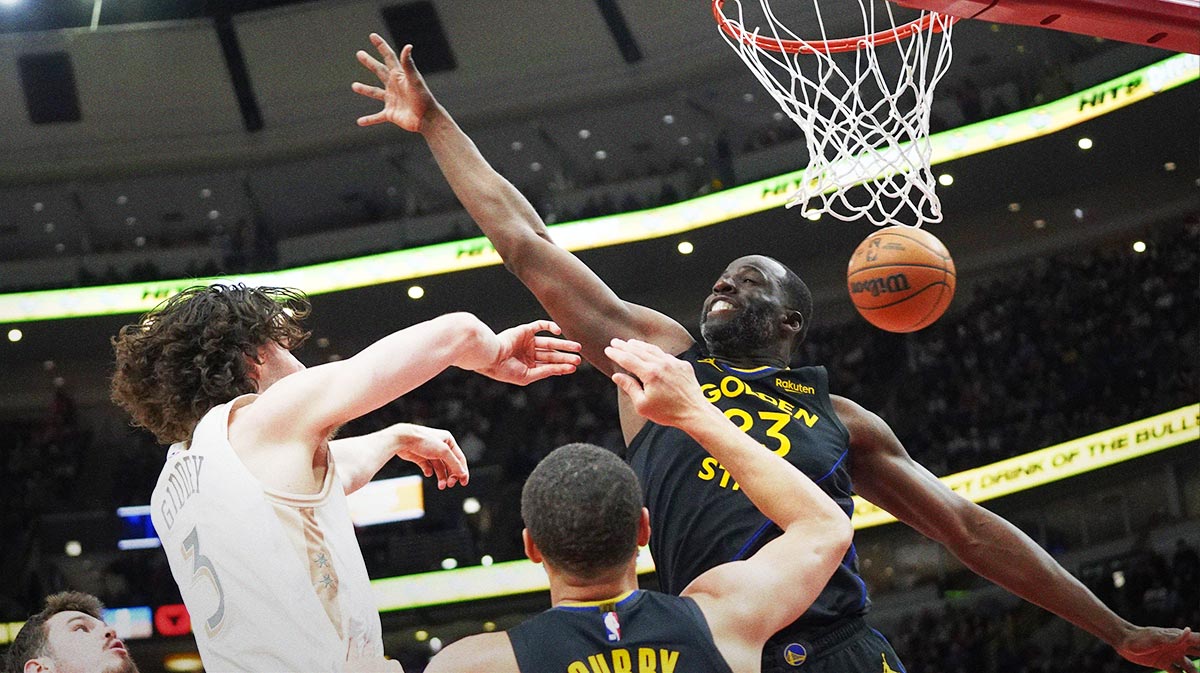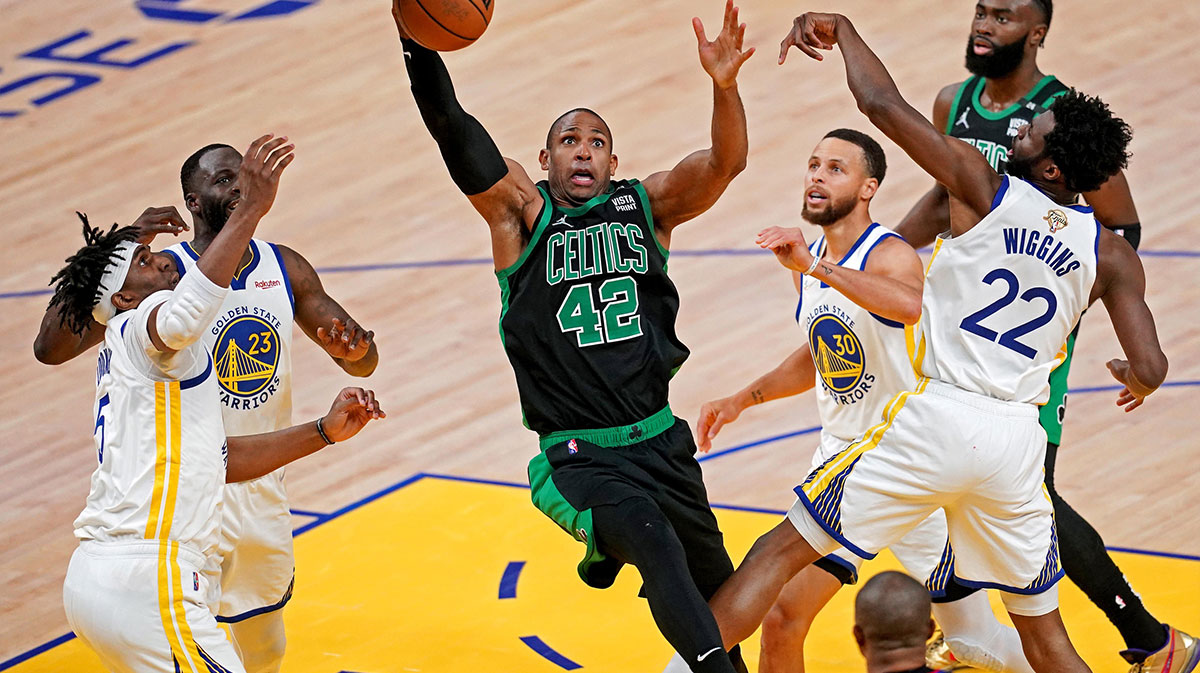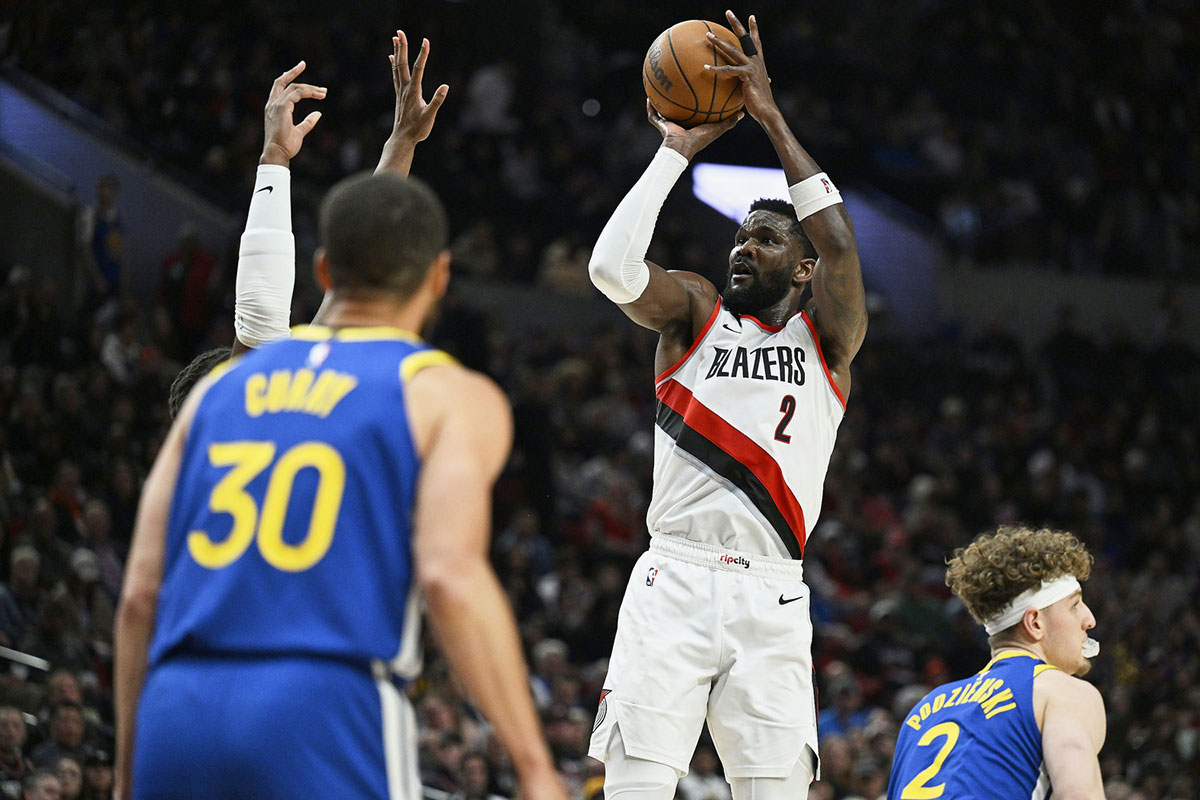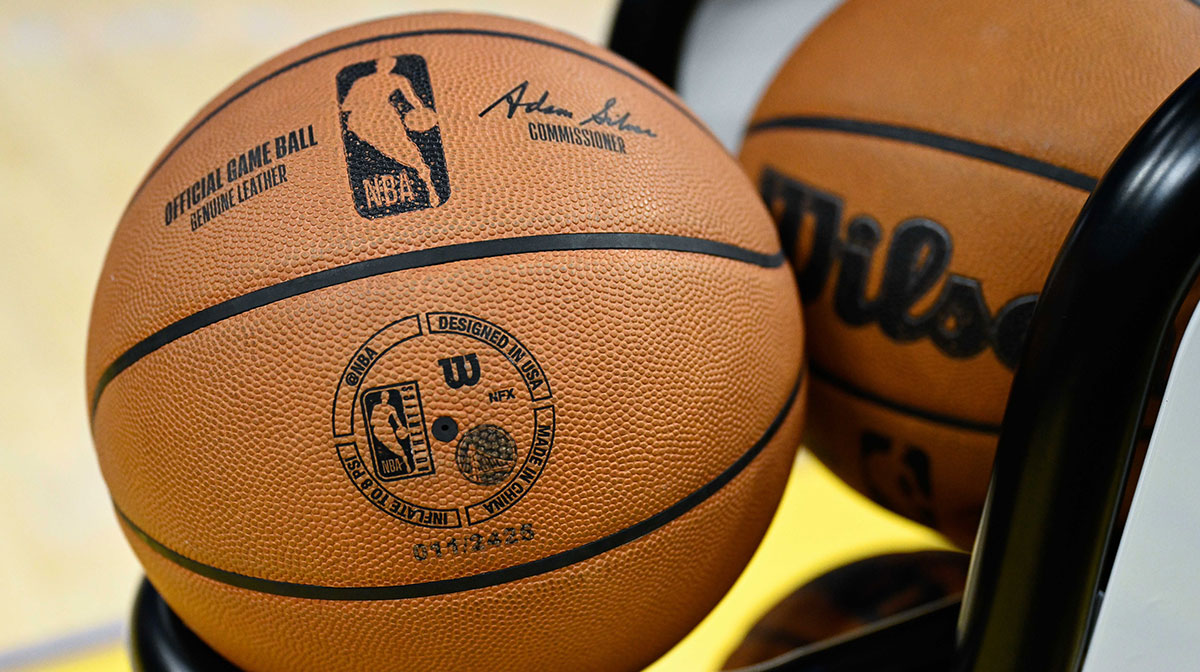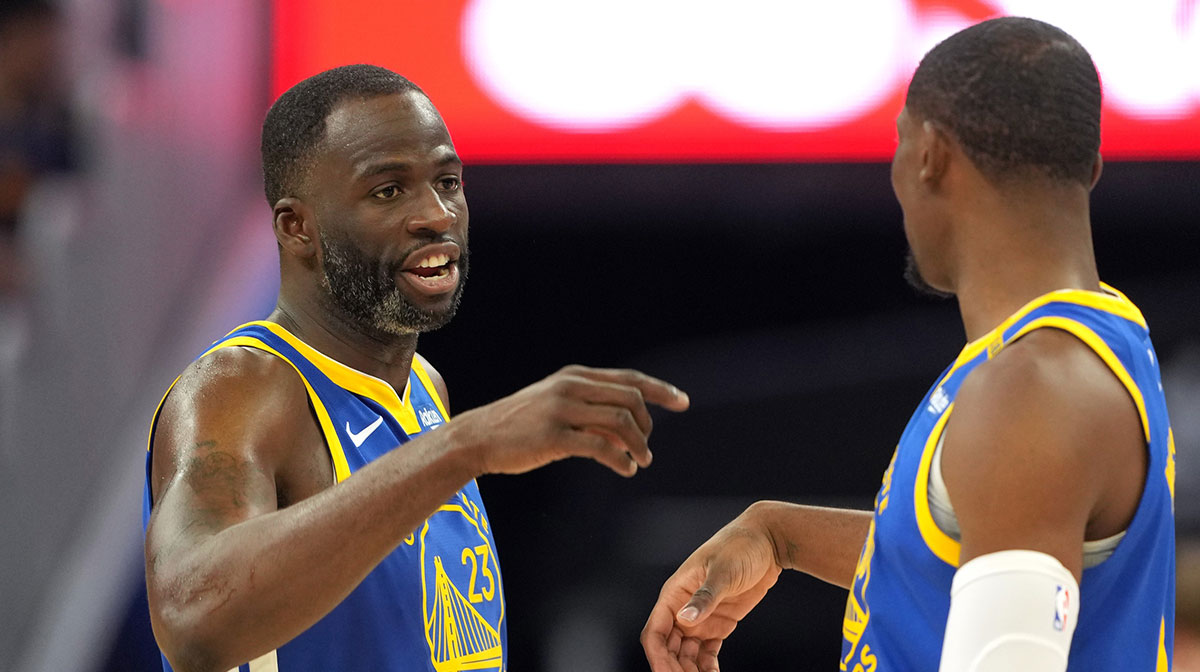Kevin Durant averaged a whisker shy of five dimes per game in his first season with the Golden State Warriors, but his biggest assist might be coming in the way of cold hard cash that he's keeping the franchise from splurging.
Within the first 24 hours of free agency, the Warriors had agreements in place with key reserve Shaun Livingston, two-time MVP Stephen Curry, veteran presence David West, and ultimately sixth man Andre Iguodala, who tested the free agent waters to the fullest before shaking hands with Bob Myers in L.A.
The biggest key of this open-and-shut lockdown of the team's core has been Durant, who was vocal about being willing to take less in order to keep this team intact and bring back the key cogs that kept the boat afloat with the starters on the bench.
How much less, you ask?
Prior to the end of the postseason, it was believed Durant would give up whatever was necessary to dole out the contracts for Livingston and Iguodala, but he's gone even beyond taking a diminished raise of the expected 20 percent raise he was supposed to get.
The 6-foot-9 forward could have gotten a $34.65 million max contract salary this upcoming season, but has instead opted to earn only $25 million for 2016-17 as part of his $53 million contract announced earlier today— a whopping $9.65 million less than his potential max contract.
By doing this, he's saving ownership a lot of luxury tax dollars they'd be forced to shell out if he chose to take his raise.
Iguodala and Livingston will earned about a combined $24 million next season, a hefty salary that was made possible due to Durant's outspoken desire to keep this team together — aim which he voiced to the front office loud and clear.
The salary cap penalties only scale up the more a team goes over — if a franchise is $5 million over the tax, the penalty is $1.50 per every dollar over. If it goes over $5 million but less than $10 million, the penalty will kick up to $1.75 for every dollar spent over said amount.
The Warriors could have very well been around $20 million over the luxury tax, placing their total penalty at $3.75 per dollar spent — increasing 50 cents for every $5 million they exceed the $20 million mark.
Durant's willingness to not just take less, but much less than what he could potentially make is more than a display of gratitude to the organization, but the ultimate assist to his veteran teammates that have made sacrifices of their own in order to make this a championship culture both on and off the court.

